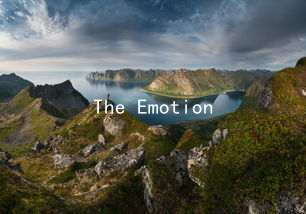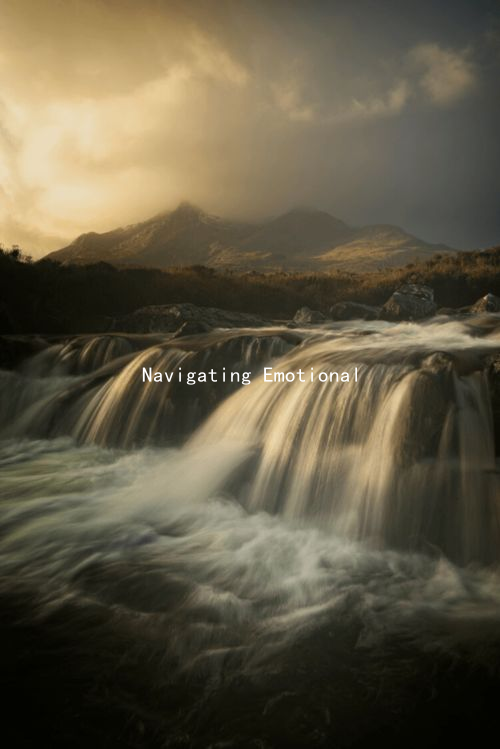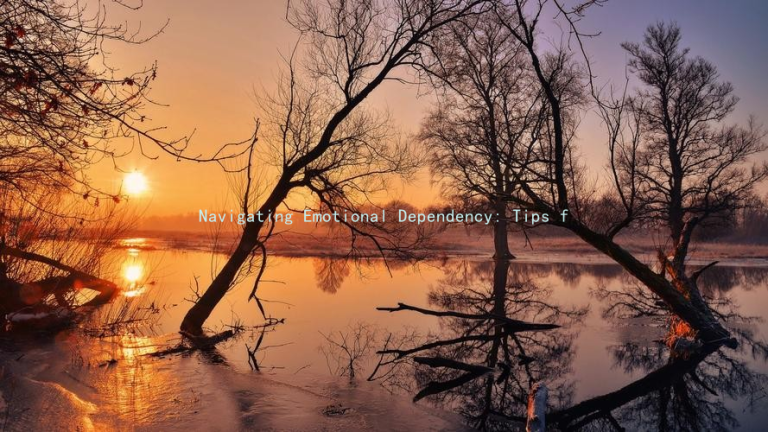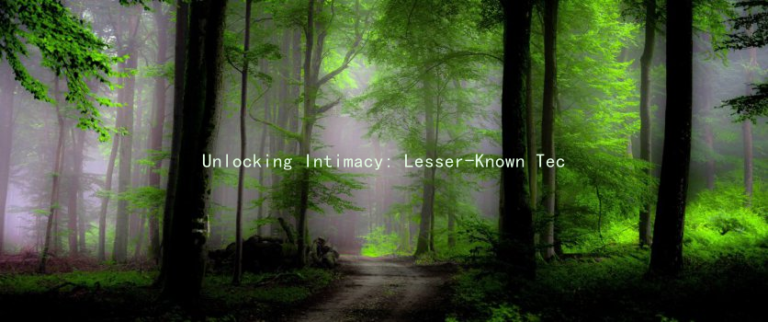Empathy in Love: How Understanding Emotions Can Transform Your Relationships
Empathy in Love: How Understanding Emotions Can Transform Your Relationships
In the intricate tapestry of human relationships, empathy emerges as a vital thread that binds couples together. It is the ability to understand and share the feelings of another, and in the realm of love, it can create profound connections. While romantic gestures and passionate declarations are often celebrated, the subtle art of empathy can be equally transformative, if not more so. By fostering emotional understanding, couples can navigate the complexities of love and enhance their relationships in meaningful ways.
At its core, empathy involves active listening, vulnerability, and an open heart. It requires us to step outside of our own experiences and see the world through our partner’s eyes. This not only cultivates a sense of trust but also fosters deeper emotional intimacy. When partners feel truly heard and understood, they are more likely to open up about their feelings, fears, and desires. This sharing creates a safe haven within the relationship, allowing both individuals to express their true selves without the fear of judgment.
One effective way to practice empathy in relationships is through reflective listening. This technique involves paraphrasing what your partner has said to demonstrate that you are engaged and understand their feelings. For example, if your partner expresses frustration about a tough day at work, instead of brushing it off or offering immediate solutions, you might say, “It sounds like you had a really challenging day, and I can imagine how that might feel overwhelming.” This simple acknowledgment can validate their feelings and reinforce the bond between you.

Another crucial aspect of empathy is recognizing and responding to non-verbal cues. Often, a person’s body language can convey emotions that words cannot articulate. Paying attention to your partners tone of voice, facial expressions, and posture can provide invaluable insight into their feelings. For instance, if your partner is withdrawn, rather than dismissing their behavior as mere sulkiness, it may be more constructive to approach them gently and ask, “Are you feeling okay? You seem a bit distant today.” By showing that you are attuned to their emotional state, you invite them to share what they might be grappling with.
Moreover, empathy is not just about understanding positive emotions; it also plays a crucial role in navigating conflicts. When disagreements arise, it can be easy to become defensive or self-centered. However, reframing conflicts through an empathetic lens can lead to productive conversations. Instead of focusing solely on your own viewpoint, take a moment to consider your partner’s perspective. Ask yourself, “What might they be feeling right now?” This shift in mindset can diffuse tension and lead to more constructive resolutions.
Nevertheless, it’s important to remember that empathy is a two-way street. Just as you strive to understand your partner’s emotions, encourage them to do the same for you. Sharing your own feelings openly and honestly, while also being receptive to theirs, can create a rhythmic exchange of emotional support that strengthens your bond further.
In conclusion, empathy is an indispensable skill in the realm of love. Its ability to deepen emotional connections, enhance communication, and resolve conflicts makes it a transformative force in relationships. By embracing empathy, couples can create a nurturing environment where both partners feel valued and understood. In a world that often emphasizes individuality, recognizing and celebrating the shared human experience can lead to richer, more fulfilling love stories. As we cultivate empathy in our relationships, we not only transform our connections with others but also unlock the potential for profound personal growth and deeper self-awareness.





